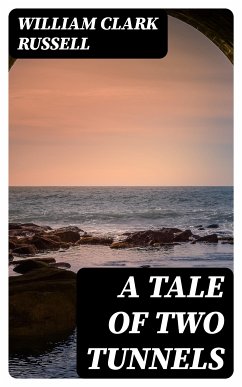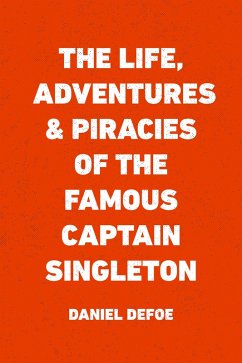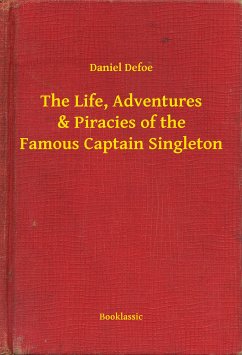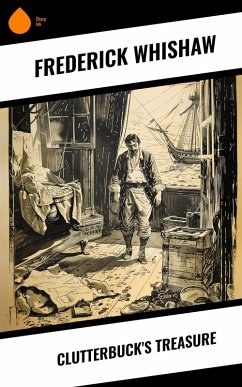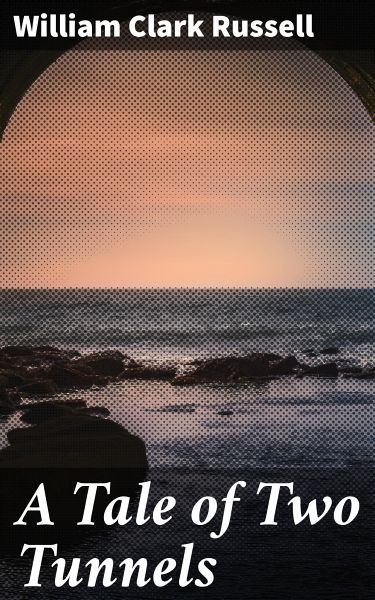
A Tale of Two Tunnels (eBook, ePUB)
A Romance of the Western Waters
Versandkostenfrei!
Sofort per Download lieferbar
0,49 €
inkl. MwSt.
Weitere Ausgaben:

PAYBACK Punkte
0 °P sammeln!
In "A Tale of Two Tunnels," William Clark Russell masterfully intertwines themes of adventure, human endurance, and the complexities of progress within the backdrop of the burgeoning Victorian railway system. The narrative unfolds through the lives of characters who embody the spirit of the age'Äîambitious, industrious, yet often navØve to the perilous nature of their pursuits. Russell's vivid prose captures the clang of iron and the rush of steam, evoking both the excitement and the trepidation felt by many as they navigated an era characterized by unprecedented technological advancement. ...
In "A Tale of Two Tunnels," William Clark Russell masterfully intertwines themes of adventure, human endurance, and the complexities of progress within the backdrop of the burgeoning Victorian railway system. The narrative unfolds through the lives of characters who embody the spirit of the age'Äîambitious, industrious, yet often navØve to the perilous nature of their pursuits. Russell's vivid prose captures the clang of iron and the rush of steam, evoking both the excitement and the trepidation felt by many as they navigated an era characterized by unprecedented technological advancement. This novel, rich with detailed descriptions and authentic dialogue, serves as an exploration of the social dynamics that accompany progress, showcasing the tension between innovation and human vulnerability. William Clark Russell was not only a prominent novelist but also a maritime expert, and his extensive experience at sea often influenced his writing. Growing up in a time of rapid industrial change, Russell witnessed firsthand the transformative effects of railway expansion on society. His unique perspective melds a deep understanding of human nature with a keen interest in technology, allowing him to create narratives that reflect the complexities of his age. "A Tale of Two Tunnels" is a must-read for those intrigued by historical fiction that delves into societal change during the Victorian era. Russell's adept storytelling and insightful commentary make this novel both entertaining and thought-provoking, inviting readers to consider the costs and benefits of progress in their own lives.
Dieser Download kann aus rechtlichen Gründen nur mit Rechnungsadresse in A, B, BG, CY, CZ, D, DK, EW, E, FIN, F, GR, H, IRL, I, LT, L, LR, M, NL, PL, P, R, S, SLO, SK ausgeliefert werden.




